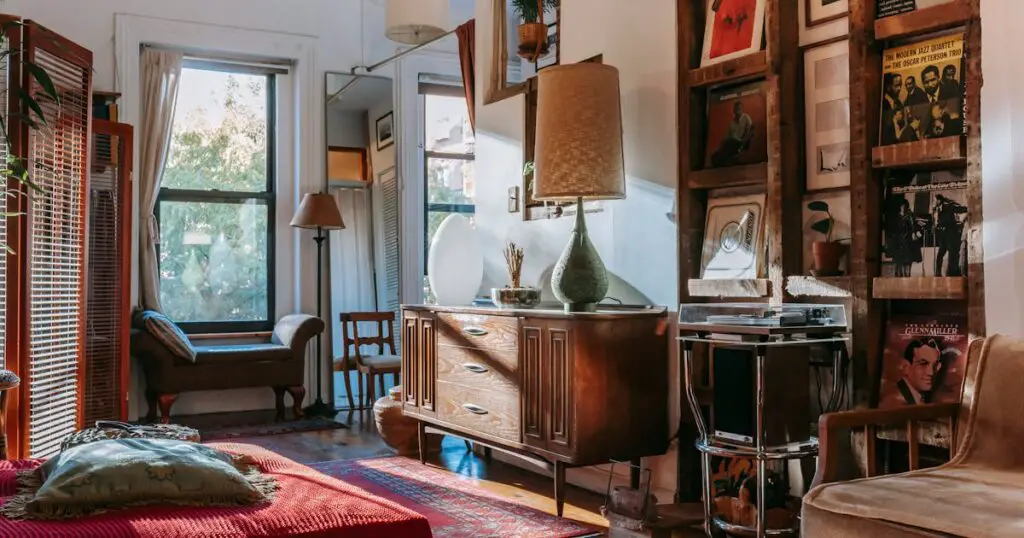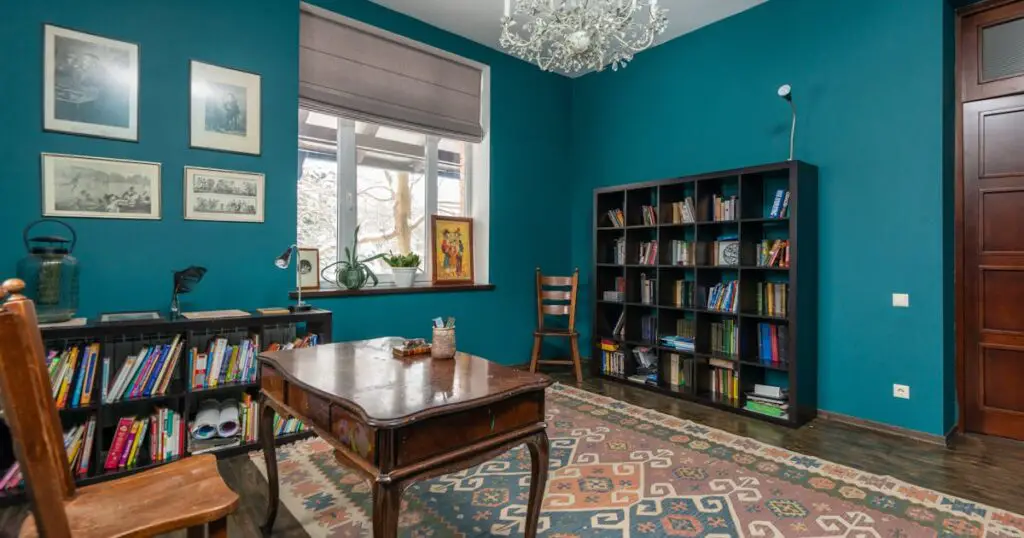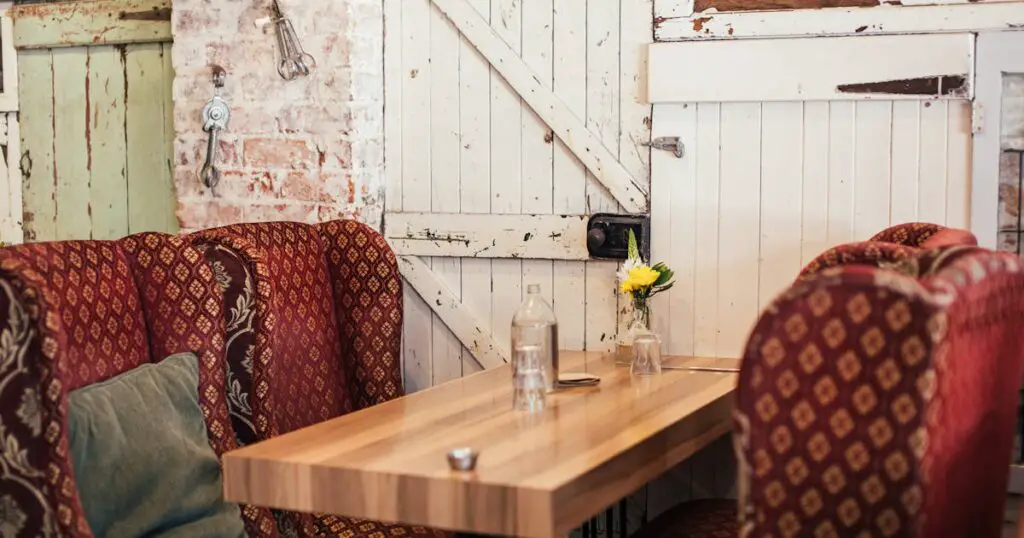Key takeaway: Understanding the age and heritage of antiques is crucial to appreciating their value. Antiques, at least 100 years old, testify to quality, craftsmanship, and historical significance that can't be replicated today.
This knowledge not only enhances our buying decisions but also helps us connect on a deeper level with items that enrich our lives and environments with a sense of history and story. Whether you're a seasoned collector or a casual enthusiast, recognizing the age and the stories behind antiques can profoundly transform your appreciation for them and guide you towards making more informed and meaningful acquisitions.

Antiques are defined as objects that are at least 100 years old and have historical, cultural or aesthetic significance. They represent a piece of history and hold past stories within their craftsmanship. For many, antique furniture holds a sense of nostalgia and charm, making it highly sought-after by collectors and enthusiasts. However, there is often confusion about what qualifies as an antique and how it differs from other types of furniture. In this article, we will examine the age-old question – how old does furniture have to be before it is considered an antique?
How Old is an Antique?
As mentioned earlier, antiques are at least 100 years old. But why is this the standard age for antiques? It dates back to the early 20th century when dealers and collectors needed to distinguish between items considered “genuine antiques” and those not. The rule of thumb then became anything made before 1917 was an antique, while items after that year were considered vintage.
However, as time passed, the definition of an antique evolved. In 1930, the U.S. Congress defined antiques as objects at least 100 years old and deemed them duty-free for importation. Collectors and organizations such as the Antique Collectors’ Club still widely accept this definition.
So why is a specific age necessary for an object to be considered an antique? Age is often used as a measure of value, rarity and historical significance. It also allows for a cohesive understanding amongst collectors and enthusiasts. Having a standard age helps differentiate antiques from other types of furniture such as vintage or retro pieces.
Why is it Important to Buy Antiques?
There are many reasons why people choose to buy antique furniture. For some, it is the sentimental value attached to a particular piece that holds family history or memories. Others are drawn to the unique and intricate designs of antique furniture, which cannot be replicated by modern-day pieces.
However, aside from these personal reasons, there are also practical benefits to buying antiques. One of the main advantages is their durability and quality. Antique furniture was built to last, using high-quality materials and craftsmanship that is unmatched by mass-produced furniture today. This means that even after decades of use, antique furniture can still be functional and in excellent condition.

Another benefit is the potential for investment value. As antiques are considered rare and valuable, their prices tend to appreciate over time. This makes them a worthwhile investment for those looking to add value to their home or collection.
Does Age Matter When It Comes to the Antique You Choose?
While age is a crucial factor in determining whether an object is considered antique, it should not be the sole deciding factor when choosing which antique to buy. Other elements such as condition, rarity and historical significance should also be taken into consideration.
For example, a piece of furniture that is 100 years old but in poor condition may not be as valuable or desirable as a well-preserved piece from the same era. It is also essential to consider the rarity of an antique, as this can greatly impact its value. A one-of-a-kind item will often hold more worth than a mass-produced piece from the same time period.
Historical significance is another crucial factor to consider when choosing an antique. Pieces that have a story or are connected to a significant event or time period can hold more value and appeal to collectors.
How do You Find the Best Antique for You?
With so many factors to consider, it can be overwhelming to find the right antique for you. Here are some tips to help guide you in your search:

- Do your research: Before purchasing an antique, it is essential to do your due diligence. Learn about different styles and periods of furniture, as well as how to spot a genuine antique from a fake.
- Visit antique shops and fairs: One of the best ways to find antiques is by visiting local antique shops or attending antique fairs. This allows you to browse various pieces and ask questions to knowledgeable dealers.
- Consider your budget: Antiques can range in price from affordable to incredibly expensive. Determine your budget beforehand, and stick to it to avoid overspending.
- Look for quality and condition: As mentioned earlier, the condition of an antique is crucial. Look for well-preserved pieces with minimal damage or restoration.
- Trust your instincts: At the end of the day, it is essential to trust your gut and choose an antique that speaks to you. Whether it holds sentimental value or simply catches your eye, buying an antique should be a personal and enjoyable experience.
FAQs
In this section, we will be delving into some of the most common inquiries and curiosities that surround our topic.
Can furniture less than 100 years old be considered vintage?
Yes, furniture that is at least 20 years old can be considered vintage, while furniture less than 20 years old is typically classified as contemporary.
Are all antique furniture valuable?
No, the value of an antique depends on various factors such as age, condition, rarity and historical significance. Some antiques may hold sentimental or personal value rather than monetary worth.
Is it better to buy antiques from a dealer or at an auction?
It ultimately depends on personal preference and budget. Dealers may offer more personalized assistance and guarantees, while auctions can provide the opportunity to find unique pieces at potentially lower prices.
Conclusion: How Old Does Furniture Have to Be Before It Is Antique?
The age of an object is undoubtedly an essential factor in determining whether it is considered an antique. However, there are many other elements to consider when buying antiques, such as condition, rarity and historical significance. By understanding these factors and doing proper research, you can find the perfect antique for your home or collection. So go ahead and explore the world of antiques – you never know what treasures you may find.
So why not start your search today and add a touch of history and beauty to your home with a unique and valuable antique piece? Happy hunting! So why not start your search today and add a touch of history and beauty to your home with a unique and valuable antique piece? Happy hunting! Lastly, always remember to properly care for and maintain your antiques to preserve their value and beauty for generations to come.



Leave a Comment
You must be logged in to post a comment.